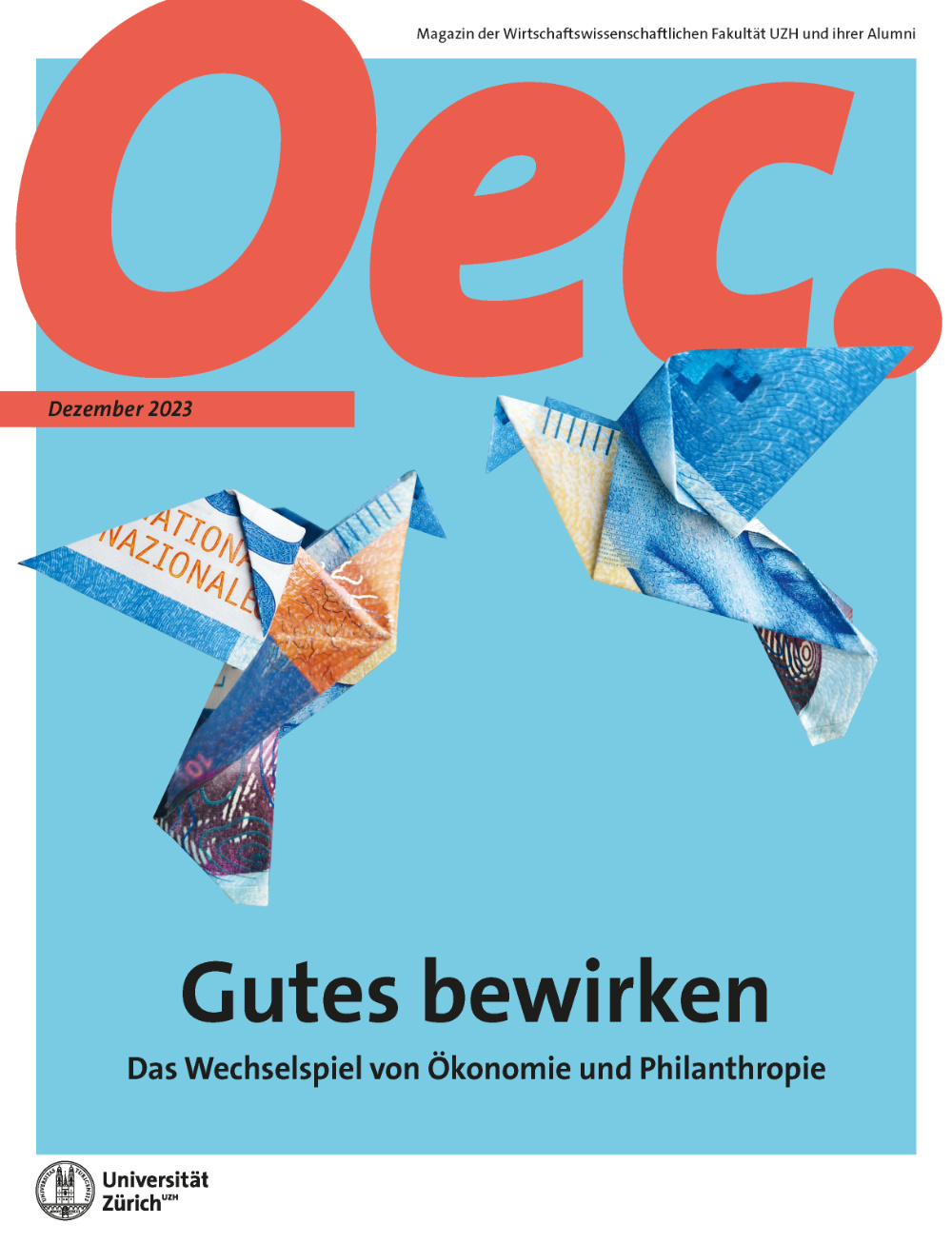Empowerment Through Technology

PhD student Nimra Ahmed uses her informatics and academic skills to support women in need – a topic very close to her heart.
During her Bachelor’s studies, Nimra actively pursued volunteer opportunities. When she found what she was looking for on the website of the Swiss Competence Center Against Forced Marriage (CoCFM), she enthusiastically volunteered her time and expertise, to help digitize their services. The center is a non-profit organization that provides support, resources and assistance to people in Switzerland who are affected or at risk of forced marriage to investigate the causes, contexts, and consequences of their situation. Nimra’s ethnical background is Pakistani and therefore she came into contact with the concept of forced marriage at an early age. These experiences deepened her empathy and understanding of the challenges faced by women in such situations.
When she started volunteering, she was also looking for an exciting topic for her Bachelor's thesis and saw it as the perfect opportunity to combine her personal and cultural interests with her academic work. For her thesis, she developed applications to support CoCFM’s outreach and communication, especially for women seeking to prevent or escape forced marriages, or those who had left forced marriages and feared retaliation from their spouses, families, or communities. Technology offers effective support here, as users themselves can access information and resources in a customized and ubiquitous way.
In search of awareness
Nimra is currently doing a fast track PhD. Her aim is to conduct research on marginalized communities while continuing her research on women facing forced marriage. She is aware of the need to raise public awareness of this topic in Switzerland. The known cases are only a fraction and the number of unreported cases could be much higher. This awareness is essential so that women know where to seek help, and it is equally important that those who are approached by these women know the appropriate steps and contacts for such cases. Even police officers are sometimes unsure who to turn to when women report forced marriages.
Communication with these women needs to be improved as they often do not have personal phones, and even if they do, their use might be monitored. For this reason, Nimra is considering expanding the previously developed apps into a webpage, as access to a website is easier to conceal than a downloadable app. Providing resources such as stories of similar experiences can be crucial for these women to identify with others. When they search online for information on forced marriage, they often only encounter negative stories, which might discourage them from seeking help. Therefore, it is important to provide a balance through success stories. Another vital aspect is to share information, background and perspectives from their own culture that reassure them that what is happening is not acceptable.
Empowering change and the toll it takes
Nimra is also passionate about mentoring young women in Pakistan. For many of them, the situation is challenging as they have limited access to education compared to men. Nimra provides advice and assists them to clarify their career goals and determine the best way to achieve them. For example, it is easier for women to take online courses in fields such as digital marketing, programming, and design, which they can complete from home. This initiative began when a cousin sought advice for her education, and word of mouth spread among friends and acquaintances. Although it is not an extensive undertaking, Nimra is pleased to be able to offer these women a role model and a female advisor – something she wished for in her youth and has now found in her professor Elaine Huang here at the Faculty.
Some of the topics Nimra works on are emotionally heavy and laden with dark emotions. Even though she recognizes the potential to make a significant impact and help people, it occasionally takes its toll on her. The interviews with women affected by forced marriage, for example, have left Nimra deeply affected and saddened. But the knowledge that she can make a difference and the gratitude she receives from those affected are worth it.
Three questions for Nimra
|
Why is philanthropy needed? For me, philanthropy is the opportunity to use my resources to alleviate unnecessary suffering and support the less fortunate out of a deep conviction that it is our moral duty to help people in need. What is the biggest challenge regarding philanthropy? One of the biggest challenges in philanthropy is the danger of feeling overwhelmed, as I often struggle with the feeling of needing to do more and run the risk of getting lost in the plethora of societal needs. What guiding principles shape your philanthropic engagement? The two main ideas that motivate me are Weltschmerz and the quote by Margaret Mead: “Never doubt that a small group of thoughtful committed citizens can change the world; indeed, it's the only thing that ever has.” |
Author: Jamie Brama
Photos: Phil Müller

